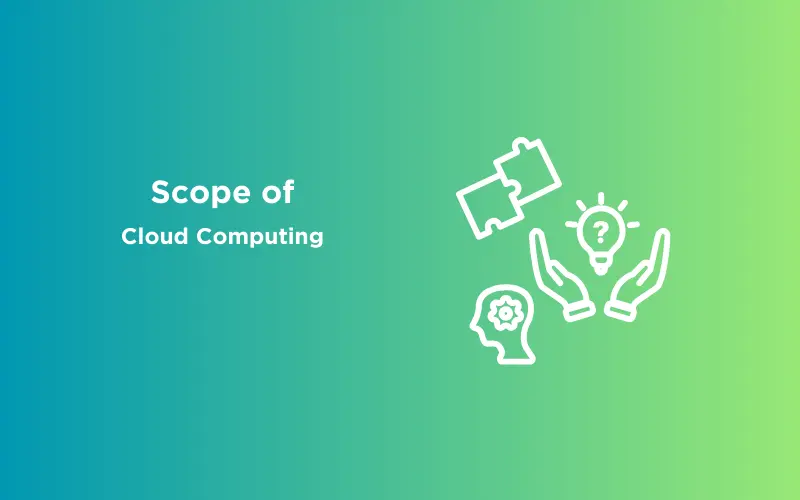
Promising Scope of Cloud Computing in 2025
Mar 13, 2025 8 Min Read 6341 Views
(Last Updated)
Are you tired of running out of space on your devices or waiting for software updates to finish? You can delete some apps and then you can free up the space but did you ever imagine, how companies manage space as they use tonnes of data and they can’t be deleted? The answer lies in the promising scope of cloud computing.
Welcome to the world of cloud computing, where the storage class operates beyond the limits of physical servers and hard drives. In this article, we’re going to explore the fascinating scope of cloud computing, answering questions like, “What is cloud computing?” and “How is it transforming businesses and technology?” and more importantly, “What is the scope of cloud computing in this present age and time?”.
So, without any further ado, let’s get started.
Table of contents
- What is Cloud Computing?
- Promising Scope of Cloud Computing
- Increasing Demand
- Diverse Job Opportunities
- Hybrid and Multi-Cloud Environments
- Cloud Security
- Serverless Computing
- Data Management
- Automation and DevOps
- Opportunities in Cloud Computing
- Cloud Architect
- Cloud Developer
- Cloud Administrator
- Cloud Security Specialist
- Data Engineer/Cloud Data Analyst
- Cloud Operations Manager
- DevOps Engineer
- Machine Learning Engineer
- Cloud Sales and Marketing
- Cloud Consulting
- Cloud Service Providers
- Amazon Web Services (AWS)
- Google Cloud
- Microsoft Azure
- Conclusion
- FAQ
- Why is cloud computing important?
- What are the benefits of cloud computing?
- What is the scope of cloud computing careers?
- What is serverless computing?
- What are some popular cloud service providers?
What is Cloud Computing?
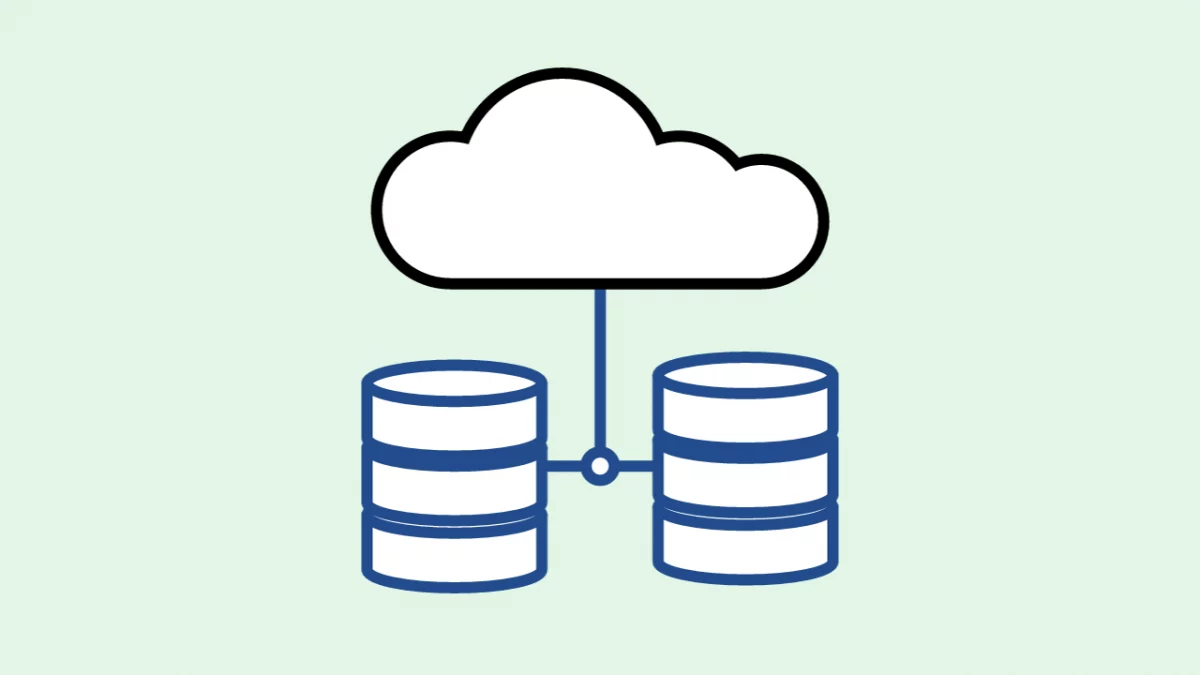
Cloud computing is like renting a super-powered computer or storage space on the internet instead of buying and maintaining your own. Imagine you need a computer to store your photos, run software, or host a website. Instead of purchasing a physical computer, you can use a cloud service.
It’s like paying for a virtual computer that exists in a data center far away. You access and control it through the internet. This virtual computer can be as small as a single file or as vast as a massive data center full of powerful machines.
Cloud computing allows you to use these resources as you need them, and you only pay for what you use, just like paying for water or electricity based on your usage. It’s convenient, cost-effective, and flexible.
Cloud computing offers various services, such as storing data, running applications, and analyzing large amounts of information. You can use it for personal tasks like storing your photos online or for business purposes, like running a website or handling customer data securely.
The cloud is like a giant toolbox of digital resources, and you can choose the right tools for your needs. It has transformed the way we use technology because it’s accessible from anywhere with an internet connection, and you don’t need to worry about the technical nitty-gritty of managing physical servers.
In simple terms, cloud computing is like having a powerful, virtual computer at your fingertips, available whenever and wherever you need it.
Before we move to the next part, you should have a deeper knowledge of cloud computing concepts. You can consider enrolling yourself in GUVI’s Cloud Computing Course, which lets you gain practical experience by developing real-world projects and covers technologies including Azure Command-Line Interface (CLI), Azure Monitor, Azure Resource Manager (ARM) Templates, and tools like Visual Studio Code, among many others.
Promising Scope of Cloud Computing
The scope of cloud computing is as promising as ever, in fact, it has been on an upward curve for the past couple of years especially after the lockdown as everything started to become digital and one has to depend on the cloud for storing those vast amounts of data.
Let us understand the scope of cloud computing one by one.
1. Increasing Demand
The need for cloud computing is growing rapidly. More and more businesses and individuals are using cloud services to store data, run applications, and perform tasks online leading to an increase in the scope of cloud computing.
The increasing demand for cloud computing is primarily driven by the significant advantages it brings to businesses and individuals. Imagine cloud computing as a super convenient and cost-effective way to use computer power and storage over the internet.
Instead of owning and maintaining your own computers and data centers, you can rent these resources from big cloud companies like Amazon, Microsoft, or Google.
This saves a lot of money because you only pay for what they use, like renting a car instead of buying one. It’s also very flexible, so if you need more computer power or storage, you can easily get it.
This growing demand for cloud services is transforming the job market for cloud computing professionals. More and more businesses want to take advantage of the cloud’s benefits, so they need experts who can set up, manage, and secure these cloud systems.
This leads to an increased scope of cloud computing as there are lots of job opportunities in the field, ranging from designing cloud systems to keeping them safe from hackers. It also means that cloud engineers and specialists will continue to be in high demand, making it a promising career path for those interested in technology.
So, the increasing demand for cloud computing is not only making things more convenient and cost-effective for businesses but also creating exciting job prospects in the field of cloud computing.
2. Diverse Job Opportunities
Cloud computing engineering offers a wide range of job opportunities expanding the scope of cloud computing. Diverse job opportunities in cloud computing mean that there are various types of jobs available for people with different skills and interests.
Think of it like a big buffet of career options in the technology world. For example, you can choose to become a cloud architect, which is like the master planner of cloud systems, designing how everything should work together.
Or you might become a cloud developer, creating software that runs on the cloud. If you’re into security, there are roles like cloud security specialists who focus on keeping cloud systems safe from cyber threats.
So, no matter what you’re passionate about—whether it’s designing, coding, or securing—you can likely find a rewarding career path in cloud computing.
The scope of cloud computing also extends to roles like cloud operations managers, who make sure everything runs smoothly, and cloud data analysts, who dig into data stored in the cloud to find valuable insights.
Plus, because cloud technology keeps evolving, there are always new opportunities emerging, making it an exciting field for anyone looking to build a career in tech giving you a promising scope of cloud computing.
3. Hybrid and Multi-Cloud Environments
Many organizations are adopting hybrid and multi-cloud strategies, which means they use a combination of different cloud providers (like Amazon Web Services, Microsoft Azure, and Google Cloud) and their own on-premises servers.
Hybrid and multi-cloud environments are like having more than one tool in your toolbox when it comes to using cloud computing. Imagine you’re building a house, and you need different tools for different tasks.
Hybrid cloud is like using some tools from your own toolbox at home and borrowing some special tools from your neighbor. It means you use a mix of your own on-site servers (your tools) and cloud services (your neighbor’s tools) to run your applications and store data.
Multi-cloud, on the other hand, is like having several neighbors with unique tools. You use different cloud providers like Amazon, Microsoft, and Google for different parts of your project. This way, you’re not dependent on just one cloud provider, and you can choose the best tool for each job.
Now, in the world of cloud computing, businesses are finding that one size doesn’t fit all. Some tasks work better with their own servers, while others are more efficient in the cloud.
Hybrid and multi-cloud environments give them the flexibility to mix and match, ensuring they can meet their unique needs. For cloud computing professionals, this means they need to understand how to set up and manage these mixed environments, making it an essential skill in the evolving scope of cloud computing.
So, just like having a variety of tools in your toolbox makes you a more versatile handyman, understanding hybrid and multi-cloud setups makes cloud engineers more adaptable and valuable in the tech world.
4. Cloud Security
Security is a top concern in the cloud and because of that, this proves to be an important scope of cloud computing. Engineers will play a critical role in ensuring that cloud systems are protected from cyber threats and data breaches.
Cloud security is like putting strong locks and alarms on your house to keep it safe from burglars. In the world of cloud computing, it means protecting valuable data and applications stored in the cloud from cybercriminals and other threats.
Imagine your important files and software are stored on a computer somewhere far away, in a data center owned by a big cloud company.
Cloud security experts work to make sure that this virtual “house” is secure by using things like encryption (a fancy way to scramble data so no one else can read it) and firewalls (like digital security walls) to keep out unauthorized users. They also keep a close eye on things, monitoring for any signs of trouble, just like a security guard watching over your home.
Now, why is this important in the scope of cloud computing? Well, as more businesses and individuals rely on the cloud to store their information, the risk of cyberattacks and data breaches becomes greater. That’s why cloud security experts are in high demand.
They play a crucial role in keeping your data safe in the cloud, making sure that even though it’s stored far away, it’s as secure as if it were in a bank vault. So, think of cloud security as the digital locks and alarms that protect your valuable digital stuff in the cloud from bad guys.
5. Serverless Computing
Serverless computing is a growing trend that is a promising scope of cloud computing where developers don’t need to worry about managing servers. Cloud engineers will work on creating and optimizing serverless applications, which can be more cost-effective and scalable.
Serverless computing is like having a magical chef who cooks delicious meals for you without you needing to own a kitchen or hire a cook.
In the world of cloud computing, it means running your software applications without worrying about the underlying servers. Normally, when you build an app or a website, you need to set up and manage servers to run it, just like a chef needing a kitchen.
But with serverless computing, you focus only on your code, and the cloud provider takes care of everything else, like providing the kitchen, cooking ingredients, and serving the meal. When someone uses your app, the cloud provider automatically handles all the server work behind the scenes, ensuring your app runs smoothly and efficiently.
This is a big deal in the scope of cloud computing because it simplifies the development process. Developers can concentrate on writing code and building features, rather than getting bogged down in server management.
It’s like being able to enjoy a meal without worrying about cooking, cleaning up, or maintaining the kitchen. Serverless computing is a trend that’s making it easier and faster to create applications in the cloud, and it’s changing how cloud engineers and developers approach building software.
So, think of serverless computing as the “no-worry” way of running software in the cloud, where you focus on what your app does, and the cloud provider takes care of the rest. It’s a significant part of the scope of cloud computing.
6. Data Management
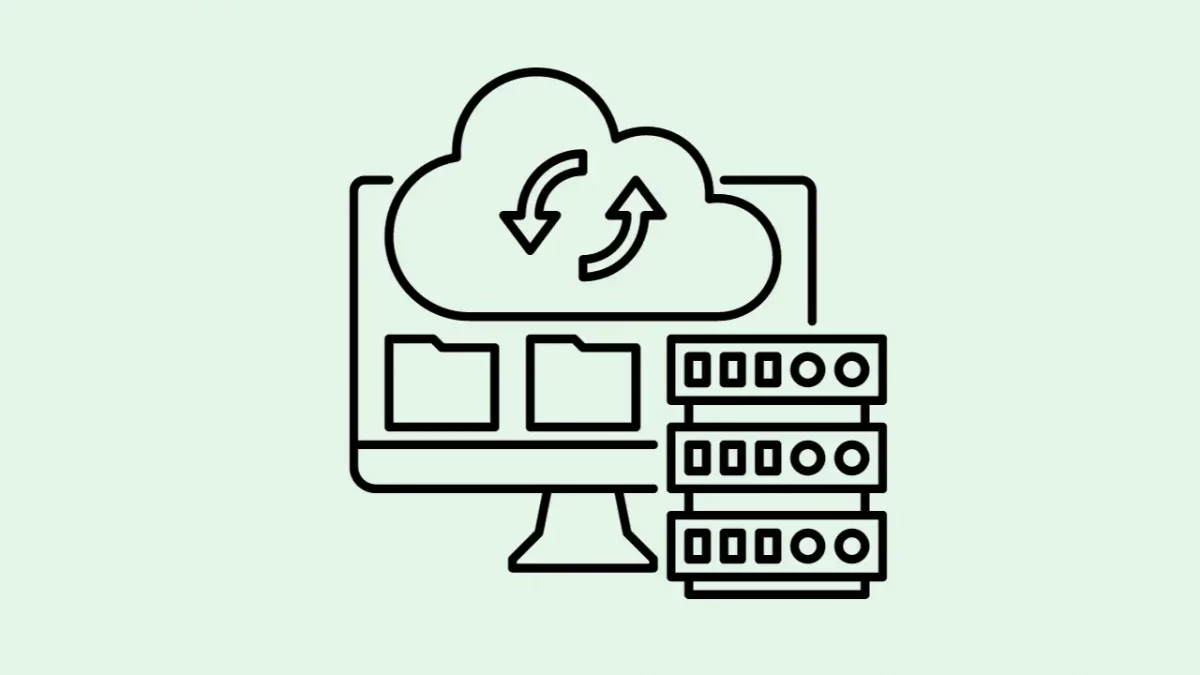
Handling and analyzing large volumes of data is essential for many businesses. Cloud engineers will work on data storage, data analytics, and machine learning systems that leverage the cloud’s computing power.
Data management in the context of cloud computing is like organizing and taking care of your digital files and information in a smart and efficient way.
Imagine having a massive library with millions of books, and you need to keep track of them, find specific ones quickly, and make sure they stay safe. Cloud data management is about doing this with your digital files, but instead of physical books, it’s all your electronic documents, pictures, videos, and more.
When you store data in the cloud, you’re essentially using remote digital storage that you can access from anywhere. Data management in the cloud involves tasks like sorting and categorizing your files, ensuring they are backed up, and controlling who can access and edit them.
In the scope of cloud computing, data management is crucial because businesses and individuals generate vast amounts of digital data every day. Properly managing this data helps organizations make better decisions, analyze trends, and provide better services to their customers.
Cloud data management also enables collaboration, as multiple people can access and work on the same files simultaneously from different locations.
So, think of cloud data management as the digital librarian that keeps your digital information organized, safe, and readily available whenever you need it, which is incredibly important in today’s data-driven world.
7. Automation and DevOps
Automation tools and DevOps practices are becoming integral to cloud engineering leading to an expansion in the scope of cloud computing. Engineers will use automation to streamline processes and manage cloud resources efficiently.
Automation and DevOps are like having a team of tireless robots helping you run your cloud systems smoothly and efficiently. In the world of cloud computing, they are two essential practices that work hand in hand.
Automation means teaching these digital robots to perform repetitive tasks automatically, like setting up servers, installing software, or managing updates. So, instead of doing these tasks manually, which can be slow and prone to errors, you can rely on automation to do them quickly and accurately.
DevOps, on the other hand, is like teamwork between developers (the folks who create software) and operations (the ones who manage and maintain the systems). DevOps practices ensure that everyone is on the same page, working together seamlessly to build and operate cloud applications. It’s like having great communication and coordination within a team.
Now, in the context of the scope of cloud computing, automation, and DevOps are super important. Cloud environments can be very dynamic, with resources scaling up and down as needed.
Automation helps you keep up with these changes without pulling your hair out, while DevOps ensures that developers and operations teams collaborate effectively, delivering new features and fixing issues faster.
Cloud engineers who understand automation and DevOps practices are like the conductors of a well-orchestrated symphony, making sure everything runs smoothly and efficiently in the cloud.
So, think of automation as your digital helpers and DevOps as the teamwork glue that keeps cloud systems running smoothly and evolving efficiently. These are essential skills in the scope of cloud computing, making cloud environments more manageable and adaptable.
Opportunities in Cloud Computing
Opportunities in cloud computing are abundant and diverse due to the increasing reliance on cloud technology across various industries. Here are some of the key opportunities in the scope of cloud computing:
1. Cloud Architect
Cloud architects design and plan cloud infrastructure solutions for organizations. They are responsible for ensuring that cloud systems meet the company’s needs in terms of performance, scalability, and security.
2. Cloud Developer
Cloud developers create applications and services that run in the cloud. They use cloud platforms and services to build and deploy software that can be accessed over the internet.
3. Cloud Administrator
Cloud administrators manage and maintain cloud environments, ensuring they run smoothly. They handle tasks like provisioning resources, monitoring performance, and optimizing costs.
4. Cloud Security Specialist
Cloud security specialists focus on safeguarding cloud systems and data from cyber threats and vulnerabilities. They implement security measures, conduct audits, and develop security policies.
5. Data Engineer/Cloud Data Analyst
Data engineers and analysts work with cloud-based data storage and analytics tools to manage and extract valuable insights from large datasets. They play a crucial role in data-driven decision-making.
6. Cloud Operations Manager
Cloud operations managers oversee day-to-day cloud operations, ensuring that services are available, reliable, and efficient. They manage teams of cloud administrators and work to optimize cloud infrastructure.
7. DevOps Engineer
DevOps engineers bridge the gap between development and operations teams. They automate processes, streamline deployments, and improve collaboration to accelerate software development and deployment in the cloud.
8. Machine Learning Engineer
Machine learning engineers leverage cloud-based resources to build and deploy machine learning models and algorithms for various applications, from recommendation systems to predictive analytics.
9. Cloud Sales and Marketing
Opportunities also exist in sales and marketing roles related to cloud services. Professionals in these roles educate clients about cloud solutions and help them choose the right services for their needs.
10. Cloud Consulting
Cloud consultants provide expert advice to organizations on how to leverage cloud technology to achieve their business objectives. They assess current systems, design cloud strategies, and oversee migrations.
Cloud Service Providers
Till now you understood the scope of cloud computing but in this section, you will be learning about various cloud service providers who are top in the market.
AWS (Amazon Web Services), Google Cloud, and Microsoft Azure are three of the most popular cloud computing platforms. They provide a wide range of services and resources to help individuals and businesses run applications, store data, and perform various computing tasks over the Internet.
Here’s a detailed but simple explanation of each:
1. Amazon Web Services (AWS)
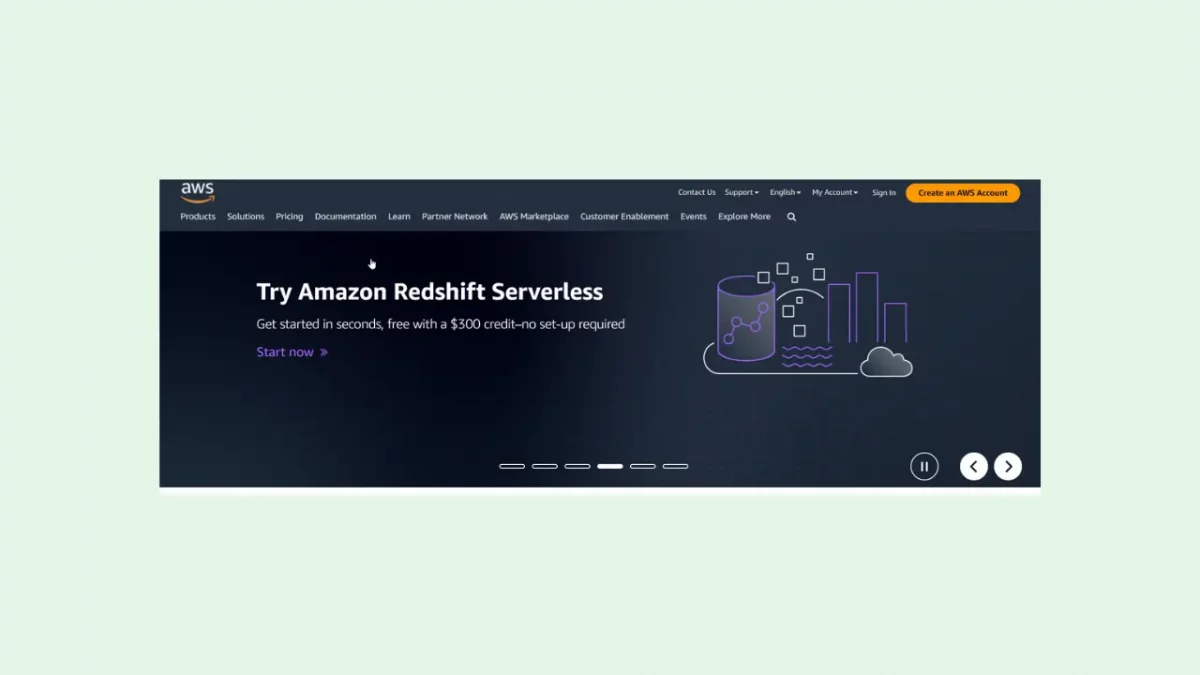
Overview: AWS is a cloud computing platform offered by Amazon. It provides a vast array of services and resources that can be used for computing, storage, databases, machine learning, and more.
Use Cases: AWS is used by businesses to host websites and applications, store and analyze data, run machine learning models, and perform tasks like video streaming and content delivery.
Popular Services: Amazon EC2 (virtual servers), Amazon S3 (storage), AWS Lambda (serverless computing), Amazon RDS (managed databases), Amazon SageMaker (machine learning), and Amazon DynamoDB (NoSQL database).
Advantages: Scalability (you can easily increase or decrease resources as needed), a vast global network of data centers, and a large ecosystem of third-party tools and services.
2. Google Cloud
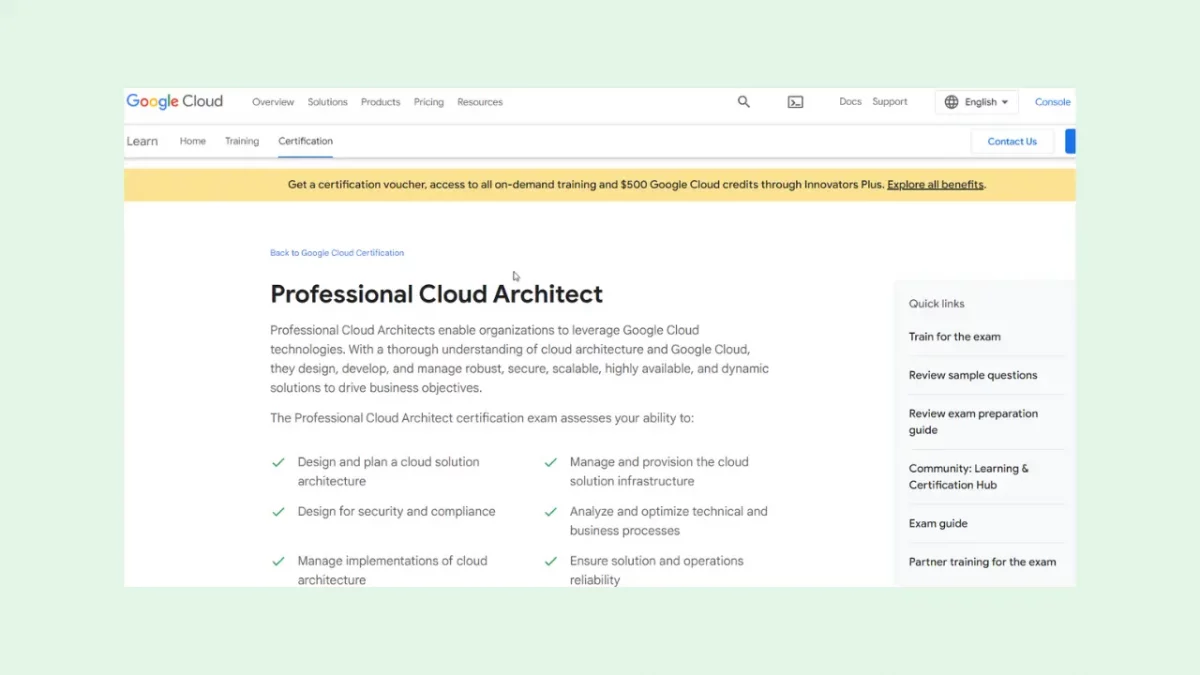
Overview: Google Cloud is Google’s cloud computing platform. It offers a wide range of cloud services, including computing, storage, data analytics, and machine learning.
Use Cases: Businesses use Google Cloud for web hosting, app development, data analysis, and running AI and machine learning workloads.
Popular Services: Compute Engine (virtual machines), Cloud Storage (object storage), BigQuery (data analytics), AI/ML services like TensorFlow, and Google Kubernetes Engine (container orchestration).
Advantages: Integration with Google’s data analytics and machine learning tools, a global network, and a strong focus on open-source technologies.
3. Microsoft Azure

Overview: Microsoft Azure is Microsoft’s cloud platform, offering a wide range of cloud services and solutions for building, deploying, and managing applications through Microsoft’s global network of data centers.
Use Cases: Azure is used for running Windows-based applications, Linux workloads, IoT solutions, and various enterprise services like Active Directory and Office 365.
Popular Services: Azure Virtual Machines, Azure Blob Storage, Azure SQL Database, Azure Functions (serverless), Azure AI and Machine Learning services, and Azure Kubernetes Service (container orchestration).
Advantages: Integration with Microsoft products, hybrid cloud capabilities (seamless integration with on-premises data centers), and a strong focus on enterprise needs.
In simple terms, these cloud platforms provide you with the computing power, storage, and services you need without having to buy and manage physical hardware. It important for you to gain knowledge about any one of these, say Upskill in Cloud Computing(Microsoft Azure) Course as it has the ability to revolutionize the tech world so it would be better if you stay updated with it.
Conclusion
In conclusion, the scope of cloud computing is vast and promising. From diverse job opportunities to innovative technologies like serverless computing and robust security measures, cloud computing is transforming the way we work and store information.
With the ever-growing demand for cloud services across industries, the future is bright for those who explore and excel in this dynamic field. So, whether you’re a budding cloud engineer or a business owner looking to utilize the benefits of the cloud, the scope of cloud computing offers a world of possibilities in the digital age.
FAQ
Cloud computing offers cost-efficiency, scalability, flexibility, and accessibility, making it essential for businesses to streamline operations and innovate.
Benefits include cost savings, scalability, accessibility, disaster recovery, automatic updates, and the ability to focus on core business functions.
The scope of cloud computing is wide and includes roles like cloud architects, cloud developers, cloud security specialists, and cloud data analysts.
Serverless computing is a cloud computing model where developers focus solely on writing code, and the cloud provider manages server infrastructure automatically.
Major providers include Amazon Web Services (AWS), Microsoft Azure, Google Cloud Platform (GCP), IBM Cloud, and Oracle Cloud.

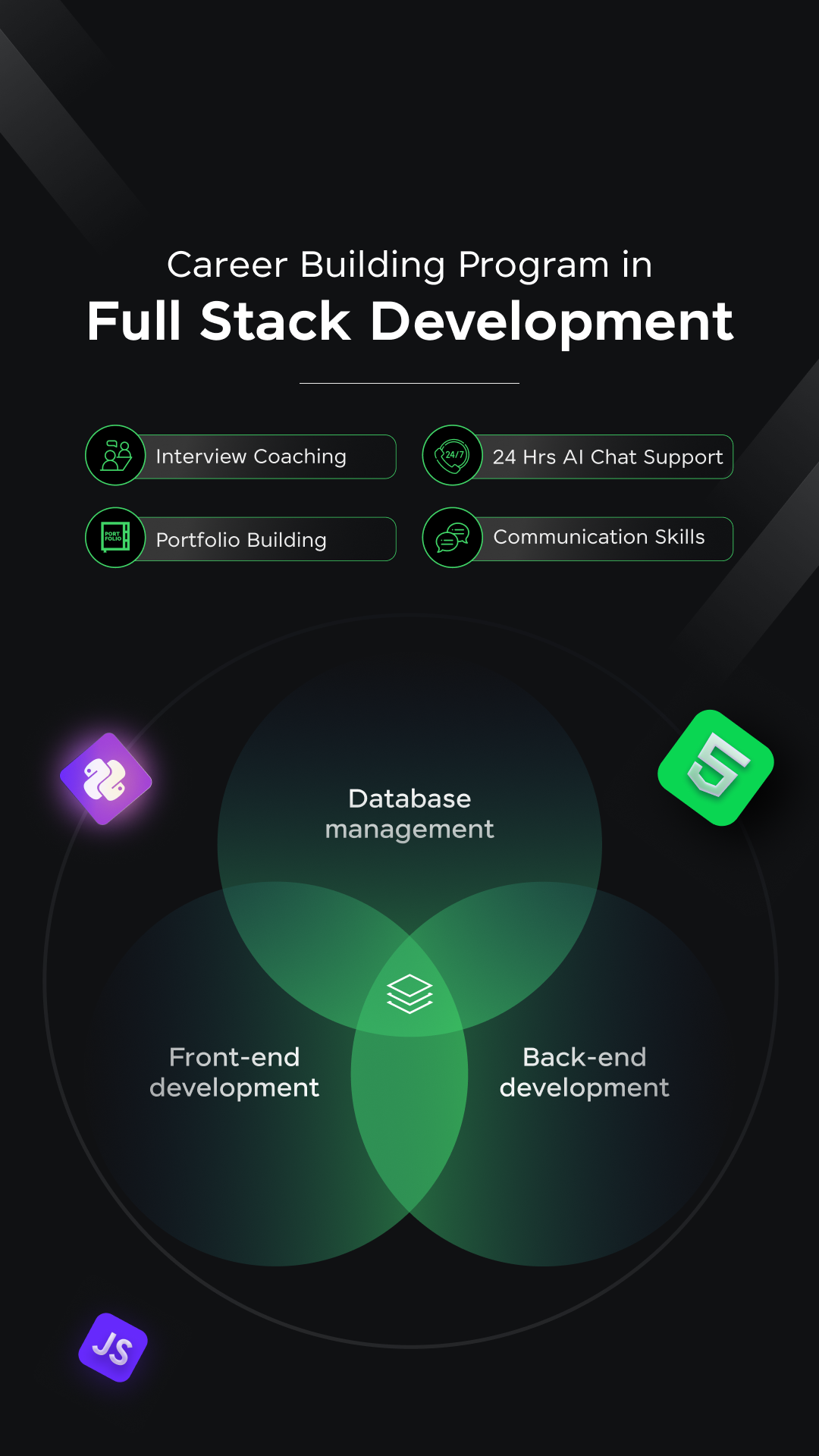

















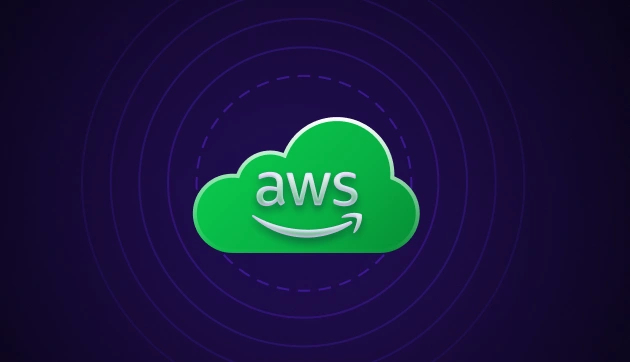
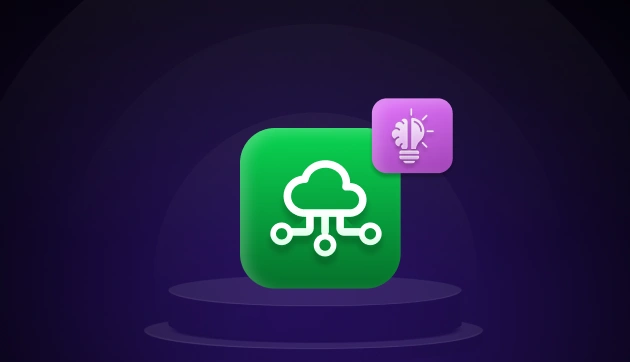

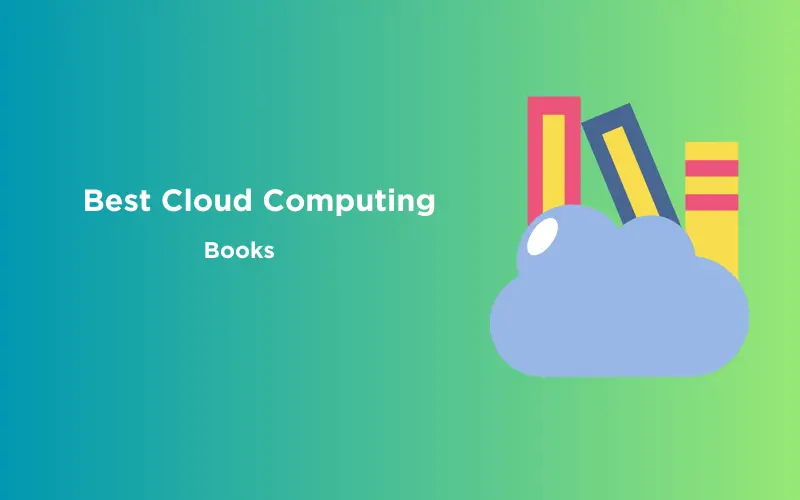

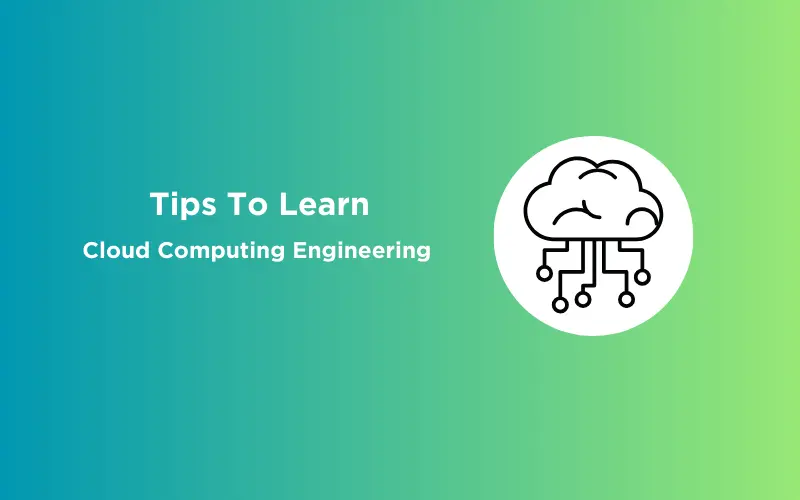



Did you enjoy this article?